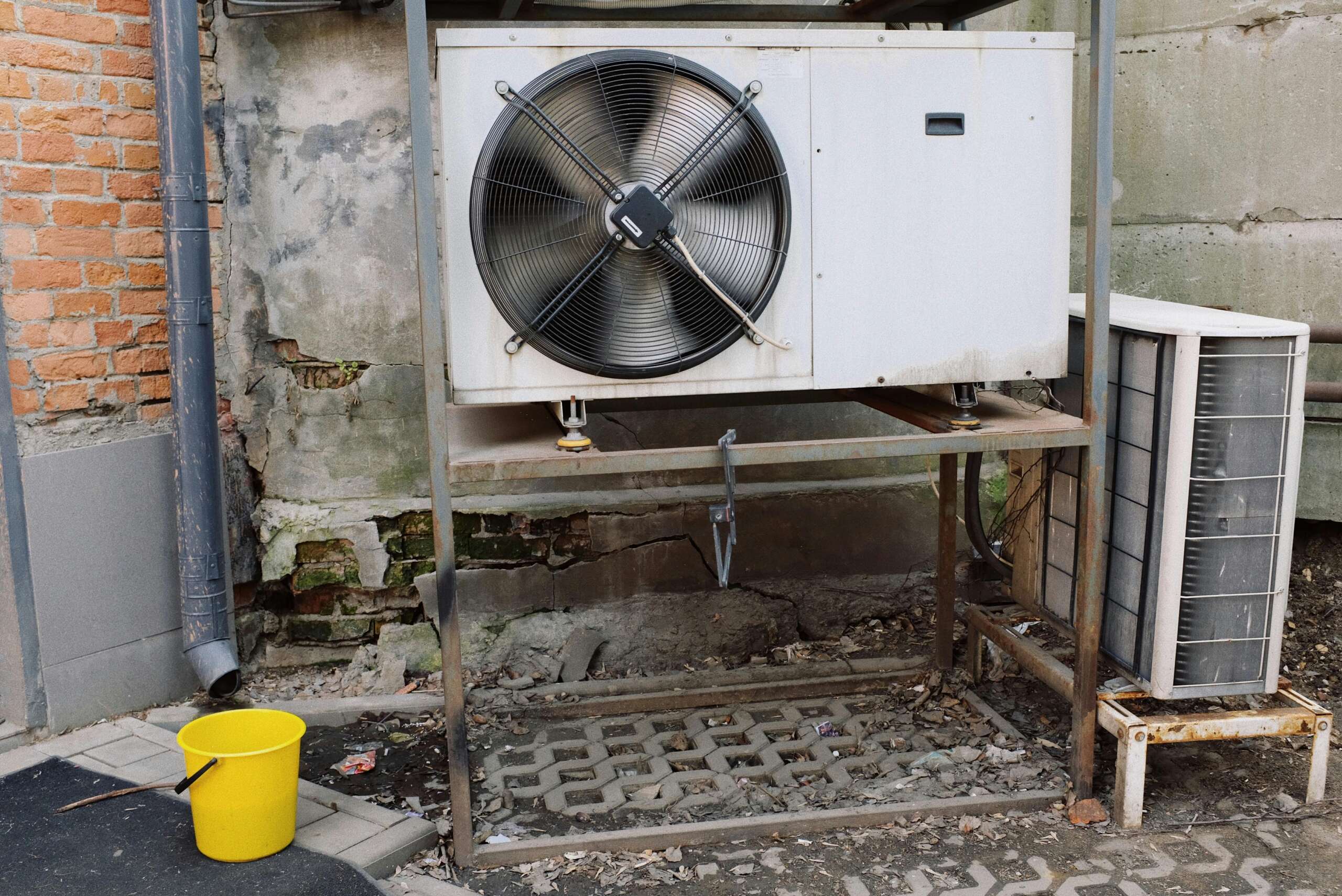How Does an Air Conditioner Get Dirty?
As a technician at ZapFixers, I’ve seen air conditioners get dirty due to dust, dirt, pollen, and other airborne particles that are drawn into the system. The outdoor unit often accumulates debris like leaves and grass, while the indoor unit’s filters and coils can collect dust and pet hair. Moisture from the cooling process can also lead to mold and mildew growth inside the unit, which I’ve encountered frequently during service calls.
How Often Should You Clean an AC Unit?
Based on my experience, it’s best to clean your air conditioner at least once a year, ideally before the cooling season starts. In areas with high pollen counts, heavy dust, or if there are pets in the home, I’ve found that cleaning the filters and components every three months helps maintain optimal performance.
What is the Danger of Not Cleaning an AC Unit?
I’ve seen firsthand the consequences of not cleaning an AC unit. It can lead to reduced efficiency and higher energy bills because the system has to work harder to cool your space. Additionally, poor indoor air quality can result, which can aggravate allergies or respiratory issues. In severe cases, a dirty unit can overheat, leading to mechanical failures or even posing a fire hazard, which I’ve encountered a few times during my career.
How to Clean an AC Unit Without Damaging It
To clean an AC unit without damaging it, I recommend the following steps:
- Turn off the Power: Always shut off the power at the breaker box before starting any maintenance to ensure safety.
- Clean or Replace Filters: I’ve found that regularly removing and cleaning washable filters with water and a mild detergent, or replacing disposable filters, is crucial.
- Clean the Coils: Using a soft brush or a vacuum cleaner with a soft brush attachment, gently clean the evaporator and condenser coils. It’s important to avoid bending the fins.
- Clear Debris: I always remove debris from around the outdoor unit and clean the fins with a hose. If necessary, I use a fin comb to straighten bent fins.
- Check the Drain Line: Ensuring the condensate drain line is clear of clogs is essential to prevent water damage or mold growth, an issue I’ve seen multiple times.
What Products Should You Use?
From my experience, using mild detergents and water is effective for cleaning filters and coils. For tougher dirt and grime, I’ve successfully used commercial coil cleaners. Essential tools include a soft brush, a vacuum with a soft brush attachment, and a hose. It’s crucial to avoid harsh chemicals or high-pressure water, as these can damage the delicate components of the unit.
